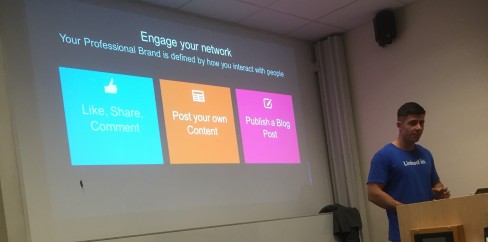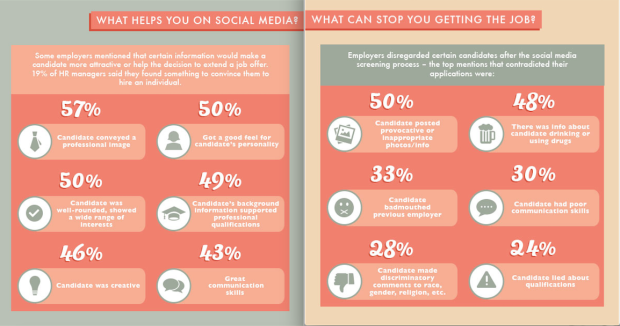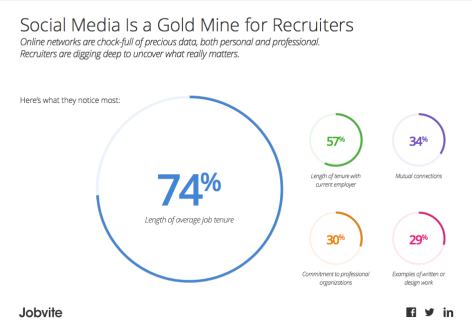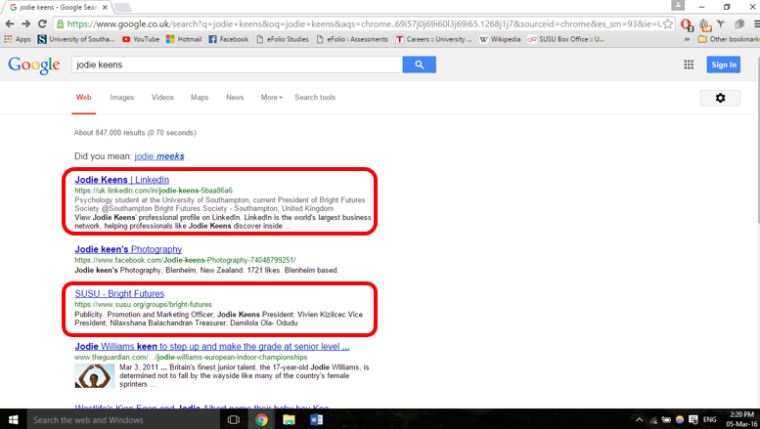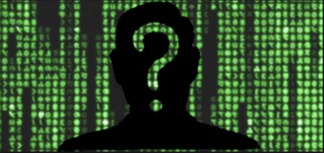Ethics in Social Media: Consumer Data
This week’s topic is to discuss an ethical issue raised by business use of social media. Specifically, we will look at the use of consumer data, and just how ethical it really is. For the purpose of including all my points I have created the following PowToon video which demonstrates them.
Continue reading →

